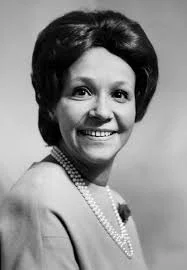African Methodist Episcopal (A.M.E.) Church
African Methodist Episcopal Church (founded in 1787)
Richard Allen on the East Coast and Northeast region of the U.S. founded the African Methodist Episcopal (AME) Church. Due to the actions of white Methodist parishioners, the erection of a nondiscriminatory AME church was necessary.
The struggle for equality, justice, and fairness did not establish roots in the church. Even Black worshipers were viewed as a threat. Black worshipers were pulled from their knees mid-prayer and escorted out of churches for no other reason than having brown skin. As a result, dedication from people like Richard Allen, for establishing houses of worship for Black people, proved vital.
In the AME church’s infancy, an ideological chasm was opened. Nearly half of the congregation aspired to join the Protestant Episcopal Church. However, Allen convinced enough churchgoers that preserving a Methodist identity was in their best interest.
The AME Church was a place where free blacks could congregate and practice their faith unburdened by the whips and chains of slavery. Allen was born a slave in Pennsylvania before being sold to a new slave owner in Delaware that would change his life. His passion for ministry and spreading the gospel was sparked by visits from a white preacher who visited Allen’s Delaware plantation.
Allen appreciated that preacher's charisma and message of slaves deserving freedom. Soon after, Allen took up preaching. A white elder at St. George’s Methodist Church discovered Allen and asked him to preach to the church’s black members. Once white Methodists mistreated black worshipers, Allen and two colleagues decided to branch off and establish the AME Church.
The AME Church motto is, “God Our Father, Christ Our Redeemer,
the Holy Spirit Our Comforter, Humankind Our Family.” Churches have long been recognized as the cornerstone for most Black families. No matter how difficult it was to endure relentless oppression or race-driven tragedy, the church was the one safe haven for Black people to fellowship and escape the reality of life’s burdens. Thanks to Allen’s persistence, the AME Church has remained a staple for the Black community since its founding.
























